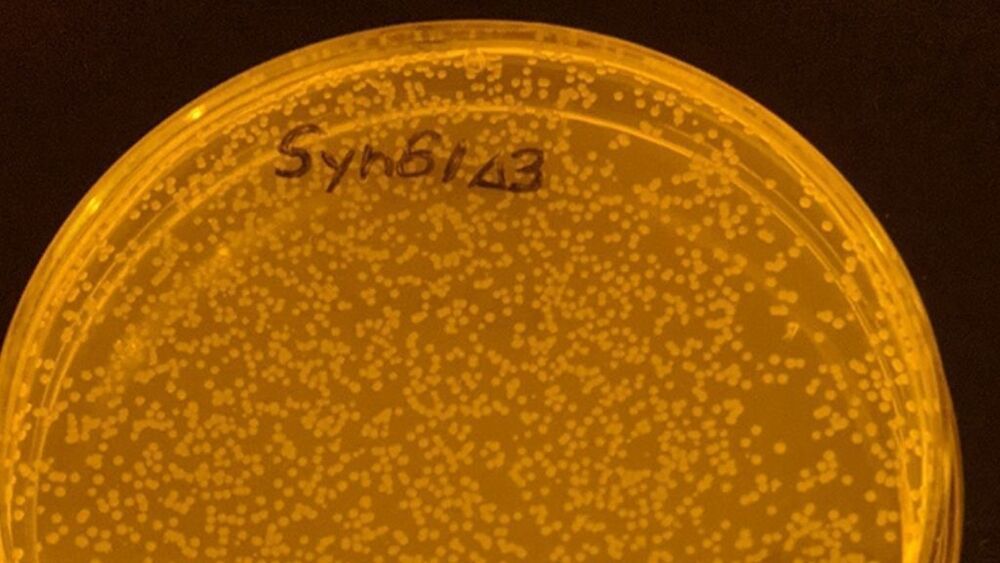Scientists created a synthetic genome for a bacterium by stringing together building blocks of DNA — and the new genome made the microbe immune to viral infection.
Even when exposed to a cocktail of bacteriophages — viruses that infect bacteria — the designer Escherichia coli remained unscathed, while an unmodified version of the bacterium quickly succumbed to the viral attack and died, the research team reported in their new study, published Thursday (June 3) in the journal Science. That’s because viruses usually hijack a cell’s internal machinery to make new copies of themselves, but in the designer E. coli, that machinery no longer existed.










Comments are closed.